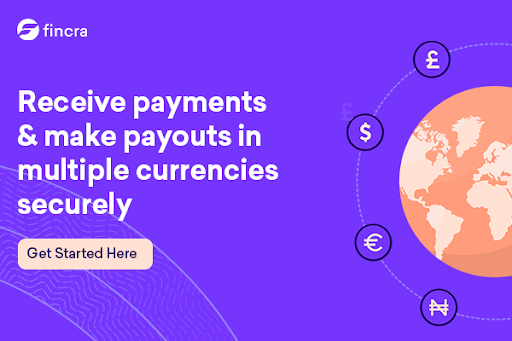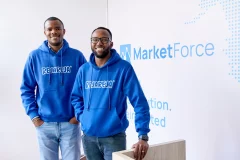
IN PARTNERSHIP WITH

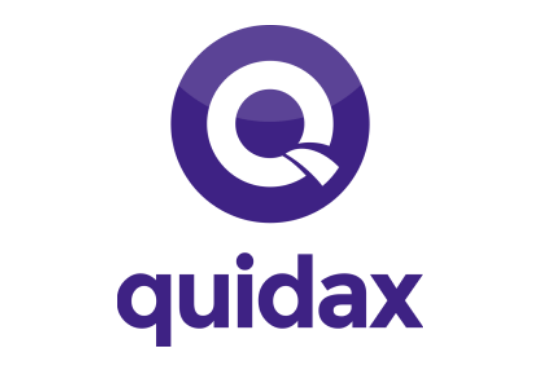

Good morning 🌄
The Nigerian government has lifted its 7–month Twitter Ban. 🙂
On June 5, 2021—in a record-breaking reaction—the country suspended access to Twitter after the platform removed tweets from President Muhammadu Buhari that violated its guidelines.
Access to the platform was only restored upon the fulfilment of certain conditions on Twitter’s end which includes paying taxes, registering in Nigeria, and appointing designated country representatives.
Looks like Nigerians can finally get rid of the VPN apps. And the Nigerian government can finally get access to Twitter’s Partner Support Portal (PSP), a feat they could also have achieved by simply applying.
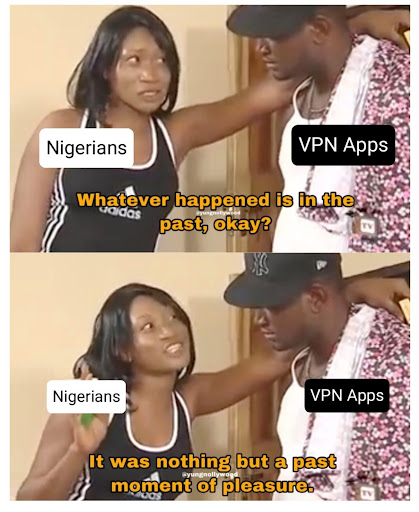
In today’s edition
- Africa is the most targeted region for cyber attacks
- Fighting Sudan’s economic resistance
- Fact checkers are going after YouTube
- Event: Building From Ground Up
AFRICA IS THE MOST TARGETED REGION FOR CYBERATTACKS

We hear well enough how much Africans are perpetrators of cybercrime. We don’t, however, hear a lot about how they can also be victims.
In 2021, as Check Point reports, cyberattacks increased by at least 50%, and Africa was the most targeted region. These attacks often include unauthorised access to data, causing damage to computer hardware or networks, or even harming people like this case in Florida, US, where a hacker increased the sodium hydroxide levels in the water supply for a town of 15,000 people.
South Africa has the third-highest number of cyber attack victims in the world, costing about R2.2 billion ($143 million) annually. In September 2021, its Department of Justice and Constitutional Development suffered ransomware and phishing attacks that left it stranded.
In total, organisations across the continent had to deal with about 1,500 cyber attacks per week and, surprisingly, the education and research sector got the worst of it.
So, how can organisations protect themselves?
We Communications, an integrated global marketing agency, outlines a few steps African organisations can take.
- First, try to prevent attacks before they happen by creating cohesive security infrastructure.
- Apply and maintain up-to-date security patches across all systems.
- Segment your networks, and then apply strong firewall and IPS safeguards between them. This helps contain infections from spreading across the network.
- Cyber-educate your employees. Phishing emails are one of the ways ransomware is shared.
- Implement advanced security measures like sandboxing, machine learning, anomaly detection, and content disarmament.
FIGHTING SUDAN’S ECONOMIC RESISTANCE
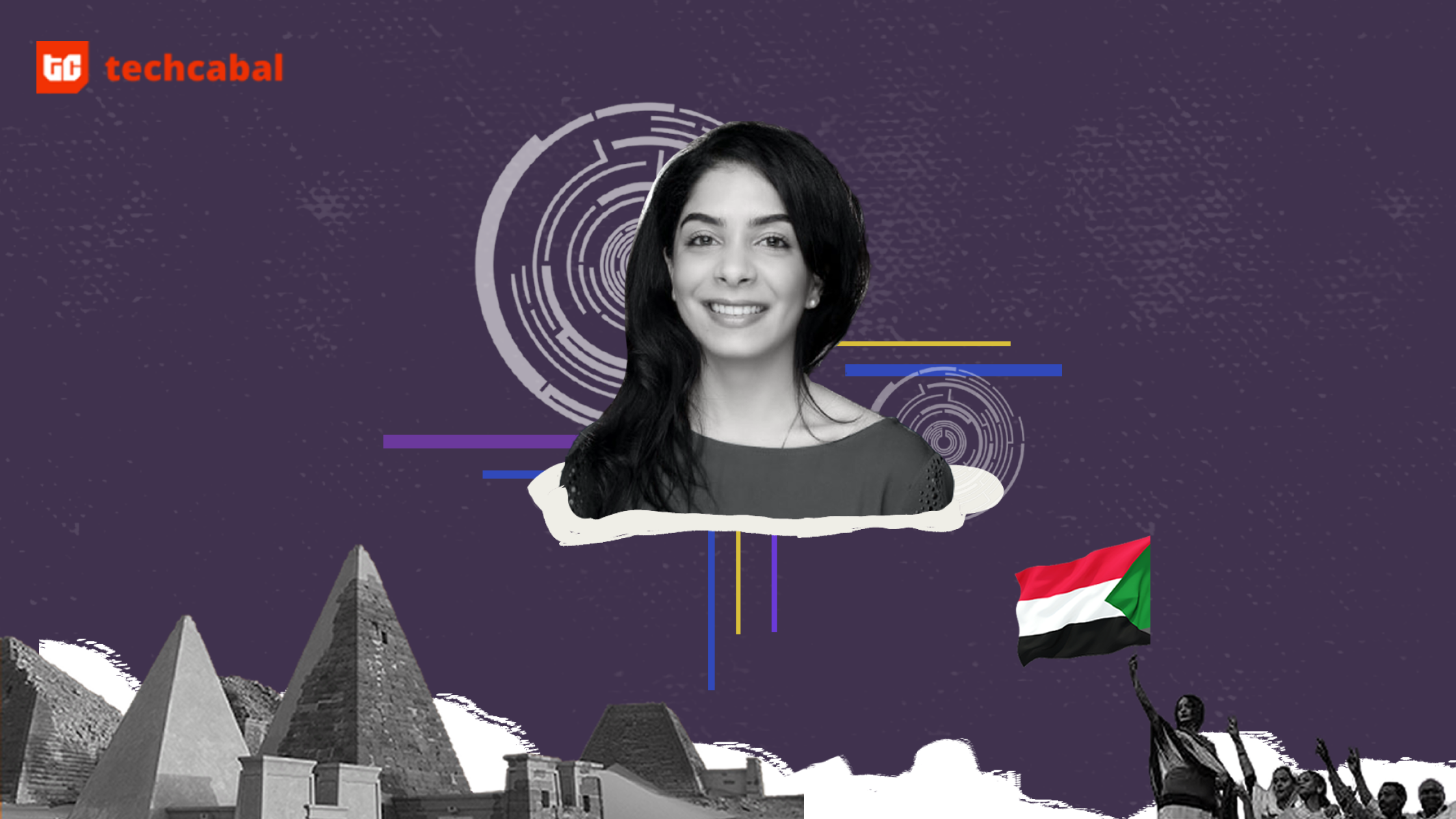
Last year, alsoug, a Sudanese e-commerce startup founded in 2016 by Tarneem Saeed, closed a $5million institutional funding round.
This investment was the first of its kind since international sanctions on the country were lifted in 2020, following a 30-year isolation period.
So, it isn’t only a big deal for the startup but for the entire ecosystem. It is a milestone that marks the beginning of a new era for business in Sudan.
alsoug, founded in 2016 by Tarneem Saeed, is reportedly the biggest tech startup in the country; the funding round speaks to this fact. What is surprising, however, is that, in a conservative and conflict-torn nation like Sudan, a woman-led company is at the forefront of bringing Sudan’s economy back to health.
Damilare Dosunmu spoke with Saeed to understand the journey of building a successful tech startup in Sudan despite the political instability, what the new funding means to the business and the ecosystem, especially how this milestone is the beginning of a new era for businesses in Sudan.
Read more in Tarneem Saeed: The entrepreneur at the forefront of Sudan’s economic renaissance.
In Ep. 5 of Artwork, learn how to work with global brands as an African creator
👉🏾 Watch now.
This is partner content.
FACT-CHECKERS ARE COMING AFTER YOUTUBE

What’s the biggest conduit of misinformation?
If you thought African governments enacting social media bans during elections 👀, you’re wrong.
According to fact checkers, it’s YouTube. In an open letter signed by over 80 fact-checking organisations across the globe, the International Fact-Checking Network (IFCN) identified YouTube as a “major conduit of online disinformation and misinformation worldwide”.
How?
On YouTube, misinformation takes many forms.
It’s the content farms like 5-Minute Craps Crafts that push harmful practices as hacks. It’s also conspiracy groups that thrive like the mis-aptly named Doctors for Truth, an international group that shares false cures, denies the existence of the pandemic, and wages war against face masks.
Misinformation often causes physical harm and a good example is how often people have accidents trying out something they learnt on 5-Minute Crafts.
Another is the Pizzagate Conspiracy where several employees and customers of a pizzeria had their lives threatened after false news began spreading on how the pizzeria was connected to human trafficking.
What’s YouTube doing?
Unlike Facebook and Twitter, YouTube lagged in enforcing policies on misinformation.
Recently, it’s been removing videos that spread misinformation about vaccinations and even banning repeat offenders.
It’s not enough though as YouTube’s algorithm has been shown to recommend videos containing misinformation to users, especially those in non-English speaking countries. It also indemnifies itself from harm experienced on its platform.
The way forward
In its letter, the IFCN shared a few recommendations on how the platform can be better at combating misinformation. This includes acting against offenders who monetise their content, extending its effort towards stopping misinformation in other languages, and investing in independent fact-checking efforts.
Quidax is an African-founded cryptocurrency exchange that makes it easy for you to access Bitcoin and other cryptocurrencies. They also make it possible for fintech companies to offer cryptocurrency services to their customers.
This is partner content.
EVENT: BUILDING FROM GROUND UP
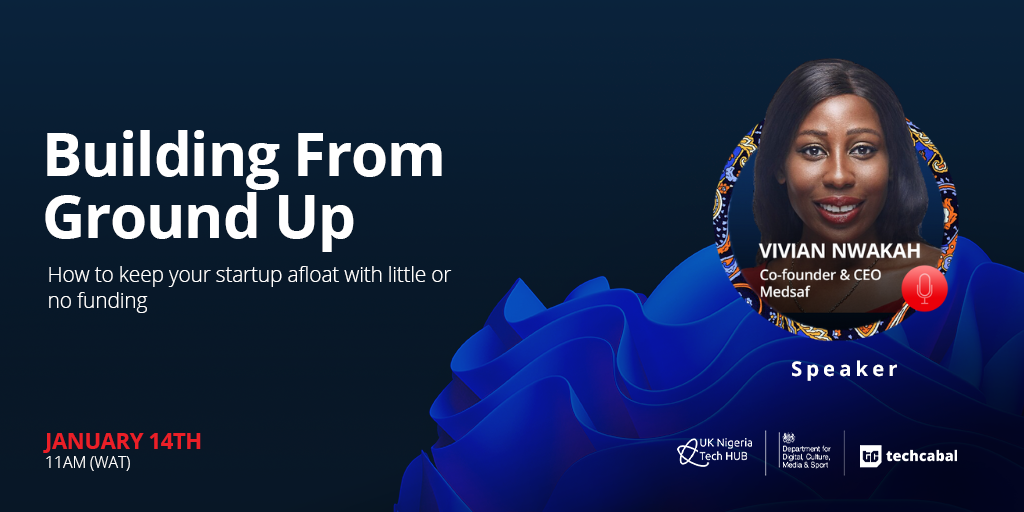
This Friday, January 14 at 11 AM (WAT), join Medsaf’s co-founders, Vivian Nwakah and Joao Pinheiro on Episode 2 of the UK-Nigeria Tech Hub’s Building From Ground Up series.
Medsaf is an online pharmacy that helps individuals and healthcare facilities access cost-effective medications. In this episode, Vivian and Joao will speak with Koromone Koroye, Managing Editor at TechCabal, about what it takes to build and sustain a startup with limited funding.
This conversation is open to founders, aspiring founders, and everyone who’s curious about what goes into building and growing a startup.
Register now to attend.
OPPORTUNITIES
- Applications are open for the Africa Blockchain Incubation Programme 2022. Early-stage blockchain startups from Egypt and Zimbabwe are invited to apply to get access to investors, business guidance and platform support. Check it out.
- The LogicMonitor Women in STEM Scholarship is now open to applications from women enrolled in undergraduate degrees in Science, Technology, Engineering or Mathematics (STEM). The scholar will be awarded a $6,000 scholarship for the 2022 school year. See if you fit.
- Innovators in the MENA region are invited to apply for the Thought For Food (TFF) MENA Agri-Food-Tech Challenge. Entrepreneurs working on programmes that develop food systems can apply for a chance to win up to $8,000, online training, and access to TFF’s digital labs collaboration platform. Think away!
Fincra is a payment infrastructure that provides fintechs, online platforms, and global businesses with reliable payment solutions for quick collections and payouts in different currencies. You can gain access to Fincra’s payments platform or integrate their APIs for seamless payments processing.
This is partner content.
What else we’re reading
- TLcom Capital backs Nigeria’s SeamlessHR in $10 million Series A round.
- What YCombinator’s new $500,000 deal means for African startups.
- ThankUCash targets the BNPL opportunity in Africa after raising $5.3 million seed.
- MTN Uganda launches overdraft facility in partnership with NCBA Uganda.









